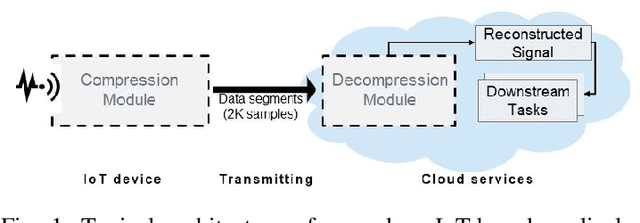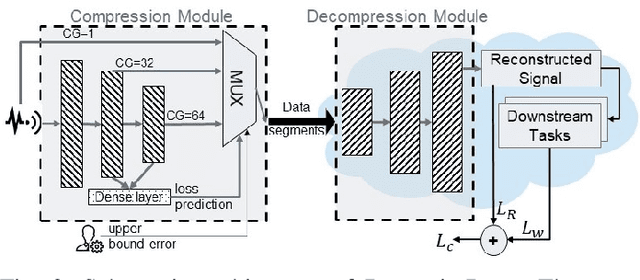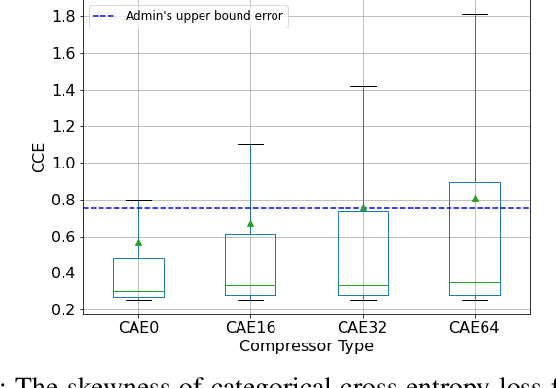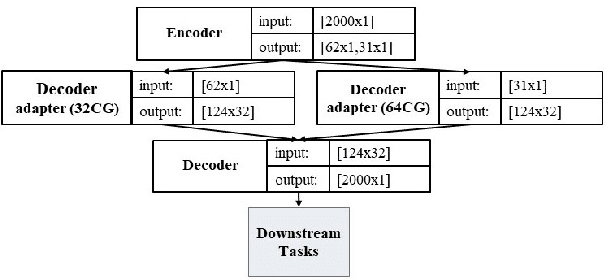Anat Bremler-Barr
Tel-Aviv University
LAPRAD: LLM-Assisted PRotocol Attack Discovery
Oct 22, 2025



Abstract:With the goal of improving the security of Internet protocols, we seek faster, semi-automatic methods to discover new vulnerabilities in protocols such as DNS, BGP, and others. To this end, we introduce the LLM-Assisted Protocol Attack Discovery (LAPRAD) methodology, enabling security researchers with some DNS knowledge to efficiently uncover vulnerabilities that would otherwise be hard to detect. LAPRAD follows a three-stage process. In the first, we consult an LLM (GPT-o1) that has been trained on a broad corpus of DNS-related sources and previous DDoS attacks to identify potential exploits. In the second stage, a different LLM automatically constructs the corresponding attack configurations using the ReACT approach implemented via LangChain (DNS zone file generation). Finally, in the third stage, we validate the attack's functionality and effectiveness. Using LAPRAD, we uncovered three new DDoS attacks on the DNS protocol and rediscovered two recently reported ones that were not included in the LLM's training data. The first new attack employs a bait-and-switch technique to trick resolvers into caching large, bogus DNSSEC RRSIGs, reducing their serving capacity to as little as 6%. The second exploits large DNSSEC encryption algorithms (RSA-4096) with multiple keys, thereby bypassing a recently implemented default RRSet limit. The third leverages ANY-type responses to produce a similar effect. These variations of a cache-flushing DDoS attack, called SigCacheFlush, circumvent existing patches, severely degrade resolver query capacity, and impact the latest versions of major DNS resolver implementations.
* IFIP Networking 2025 Proceedings (Accepted on 05.05.2025)
Non-uniformity is All You Need: Efficient and Timely Encrypted Traffic Classification With ECHO
Jun 03, 2024



Abstract:With 95% of Internet traffic now encrypted, an effective approach to classifying this traffic is crucial for network security and management. This paper introduces ECHO -- a novel optimization process for ML/DL-based encrypted traffic classification. ECHO targets both classification time and memory utilization and incorporates two innovative techniques. The first component, HO (Hyperparameter Optimization of binnings), aims at creating efficient traffic representations. While previous research often uses representations that map packet sizes and packet arrival times to fixed-sized bins, we show that non-uniform binnings are significantly more efficient. These non-uniform binnings are derived by employing a hyperparameter optimization algorithm in the training stage. HO significantly improves accuracy given a required representation size, or, equivalently, achieves comparable accuracy using smaller representations. Then, we introduce EC (Early Classification of traffic), which enables faster classification using a cascade of classifiers adapted for different exit times, where classification is based on the level of confidence. EC reduces the average classification latency by up to 90\%. Remarkably, this method not only maintains classification accuracy but also, in certain cases, improves it. Using three publicly available datasets, we demonstrate that the combined method, Early Classification with Hyperparameter Optimization (ECHO), leads to a significant improvement in classification efficiency.
Dynamic-Deep: ECG Task-Aware Compression
May 30, 2021



Abstract:Monitoring medical data, e.g., Electrocardiogram (ECG) signals, is a common application of Internet of Things (IoT) devices. Compression methods are often applied on the massive amounts of sensor data generated before sending it to the Cloud to reduce storage and delivery costs. A lossy compression provides high compression gain (CG) but may reduce the performance of an ECG application (downstream task) due to information loss. Previous works on ECG monitoring focus either on optimizing the signal reconstruction or the task's performance. Instead, we advocate a lossy compression solution that allows configuring a desired performance level on the downstream tasks while maintaining an optimized CG. We propose Dynamic-Deep, a task-aware compression that uses convolutional autoencoders. The compression level is dynamically selected to yield an optimized compression without violating tasks' performance requirements. We conduct an extensive evaluation of our approach on common ECG datasets using two popular ECG applications, which includes heart rate (HR) arrhythmia classification. We demonstrate that Dynamic-Deep improves HR classification F1-score by a factor of 3 and increases CG by up to 83% compared to the previous state-of-the-art (autoencoder-based) compressor. Additionally, Dynamic-Deep has a 67% lower memory footprint. Analyzing Dynamic-Deep on the Google Cloud Platform, we observe a 97% reduction in cloud costs compared to a no compression solution. To the best of our knowledge, Dynamic-Deep is the first proposal to focus on balancing the need for high performance of cloud-based downstream tasks and the desire to achieve optimized compression in IoT ECG monitoring settings.
 Add to Chrome
Add to Chrome Add to Firefox
Add to Firefox Add to Edge
Add to Edge